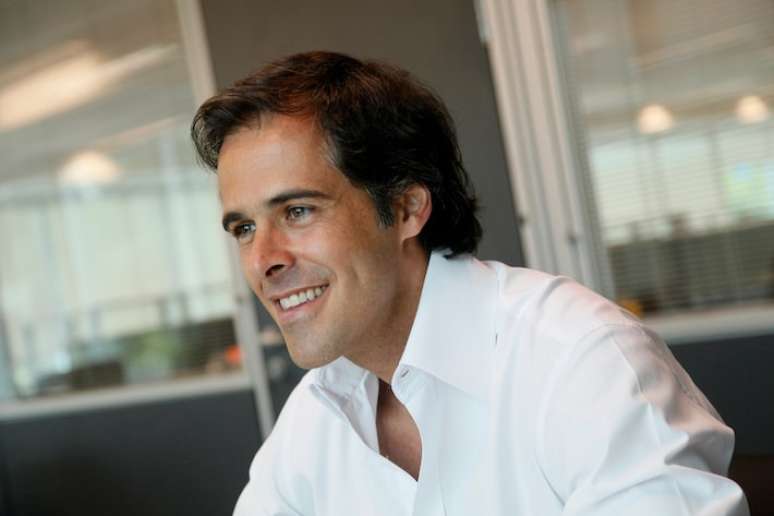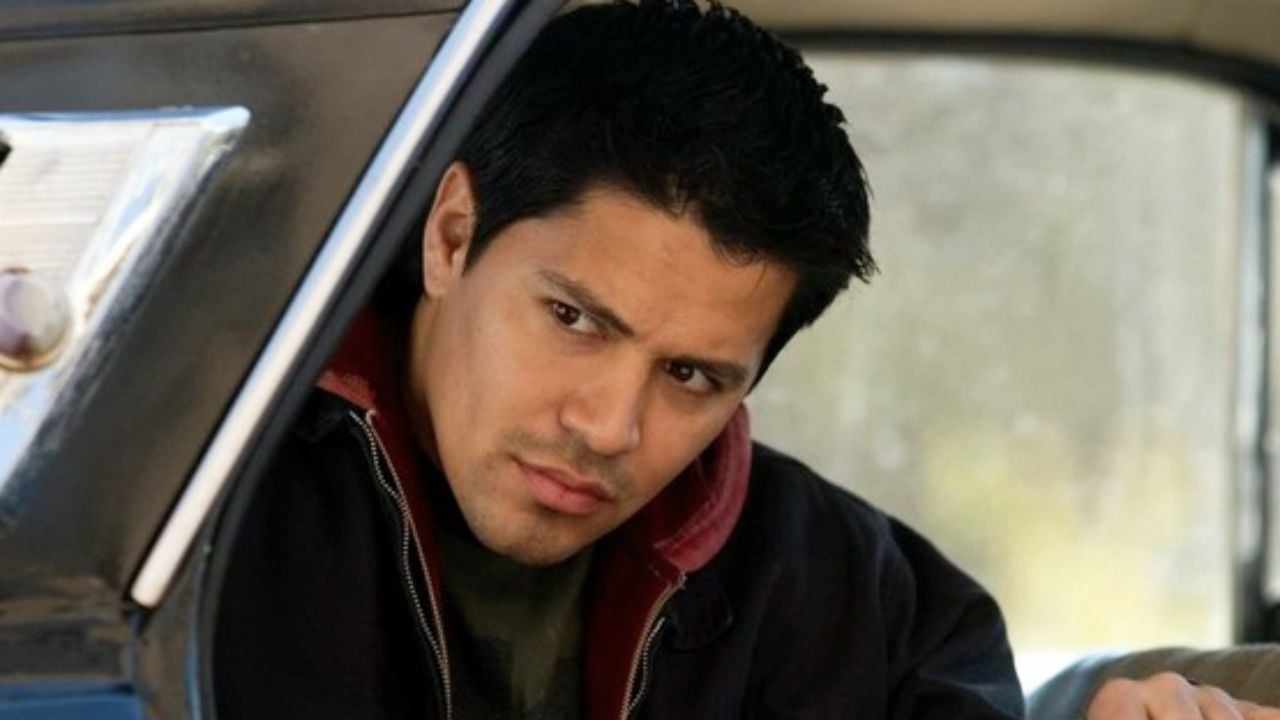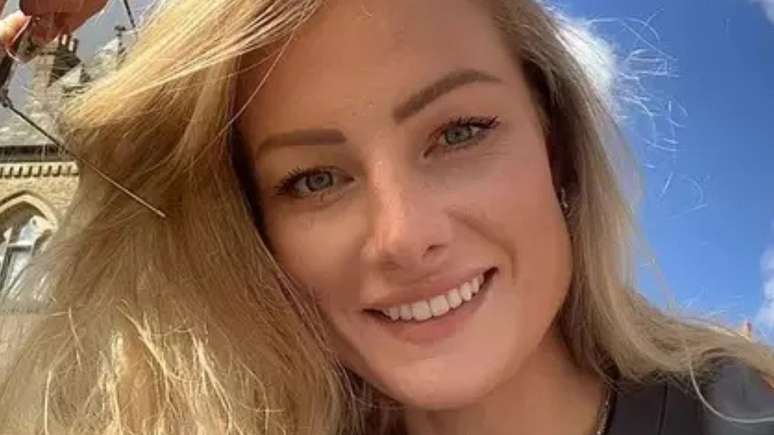For Milton Pilão, “recycling waste is taking care of the planet” and treating waste “is fashionable”
Just over a decade ago, the businessman Milton Pilao He had a revelation of sorts when he attended conferences abroad by entrepreneurs such as Warren Buffett, Bill Gates and Steve Jobs. He learned it by trying waste It is a promising market and not prone to crises. After all, the volume of landfills in the country is constantly growing.
Upon his return to Brazil, he discovered that there were already well-established companies here, in sectors such as water and sewerage. However, few companies were willing to do this recycle garbage. That said, he bet his chips on the deal. “I think it was a very wise decision,” says the CEO of Arizonacompany founded in 2013 and now present in 12 states, owns 17 ecoparks and recycles the waste of at least 40 million Brazilians. Along this path, after purchasing a failed company in the sector – which had a debt of 700 million reais – it went public on the stock exchange and is investing 1 billion reais in the expansion of new units.
For Pilão, the energy transition must finally put an end to landfills that should have ended, according to a law passed in 2014. “I calculate that by 2030 Brazil will no longer have landfills. This is the main environmental issue today within the city”, he states. Below are some excerpts from the interview with Cenários.
How important is it to recycle waste today?
Recycling waste means taking care of our planet. And perhaps this is precisely why the topic has become more fashionable. People ask me, ‘Hey, is trash in fashion?’ It’s not that garbage is fashionable, taking care of waste treatment is what remains, taking care of the planet is. The recent extreme episodes that the population is going through, be they absurd heat, drought, rain, end up impacting the lives of all of us.
Orizon was born in 2013. What moved you, what made you understand that waste recycling would be a vital economic aspect?
In 2010, when I decided to start this business, two things motivated me. First I went abroad to attend some conferences, I listened to some great entrepreneurship gurus, Bill Gates, (Warren) Buffett, (George) Soros, and I started to see that these guys were saying that, in the future, the treatment of water, waste and energy was going to be a business that would have longevity and an increasingly urgent need. So I thought, “Whoa, we have an opportunity here.” Furthermore, I returned to Brazil and saw that from an energy point of view the country was already very mature, with very well positioned entrepreneurs. The same in the water and sewer market. As for garbage, there was almost no mention of it. So, I looked at what was being done out there, came to the conclusion that I had a great opportunity and took a gamble on it. I think it was a very wise bet.
What did you evaluate when you decided this market was interesting?
It was very difficult to start from scratch in this market. Then an opportunity arose to buy a company called Rastec. There I saw the opportunity to enter the market without having to pay a huge toll.
You bought a bankrupt company, you owed R$700 million and today, 11 years later, we see Orizon big, healthy and willing to invest R$1 billion. Tell a little about this story.
In February 2021 we went public. We demonstrated that we knew how to do it and that the operation would give us the financial tools to invest and multiply the size of the company. Today the company is investing R$ 1 billion in new plants and will maintain this rate of investment in biomethane and energy plants, in all its aspects, in the coming years within our ecoparks.
What is the division of waste that is recycled today?
Half of the waste is food and another 30% is recycled. Basically, this food is what generates gas and energy. On the other side, which is recycled, there is another type of mechanized industry that will automatically separate plastic, paper, everything that contains solids, waste that can be returned to the industrial market. There is another plant that collects wastewater residues, a sludge that is generated when we treat waste. Today we already have an industry that receives this sludge and produces green fertilizer and we sell it as green agrofertilizer.
Will Brazil ever be free from these landfills?
I have no doubt that landfills will end. The law, in fact, says that these landfills should have already been closed. Today in Brazil 35% of the waste produced by the population is still sent to landfill. This does not exist in any country in the world. It is an open-air environmental crime. A landfill has a huge environmental and social impact. Untreated waste reaches the groundwater, which feeds rivers and dams. There is data showing that 70% of diseases have some cause related to water contamination. But I calculate that by 2030 Brazil will no longer have landfills. This is the main environmental issue in cities today.
Here I repeat the phrase of a successful banker: ‘Every project I evaluate, I don’t first look for what might work. And yes, what could go wrong? In this venture of yours, what could go wrong?
I always say that today the company’s biggest challenge and the biggest danger on this path is the “arm”. What is the “arm”? It’s the people. These are new processes that we bring, copy and often import technology that is already used outside Brazil, but the workforce that is here is not used to it. Can you imagine a company that three and a half years ago had five ecoparks and today has 17? So our challenge is training.
Is it a sector that has no crisis?
There is no crisis. During the pandemic we have seen an increase in waste production. Why? People stayed at home, started ordering everything online, the number of parcels increased significantly. So I say that we have a perennial business, there is little instability because there is always waste.

Source: Terra
Rose James is a Gossipify movie and series reviewer known for her in-depth analysis and unique perspective on the latest releases. With a background in film studies, she provides engaging and informative reviews, and keeps readers up to date with industry trends and emerging talents.



![Everything for the light: Iris’s heart balances between Swan and Noah … which awaits you from 25 to August 29, 2025 on Netflix [SPOILERS] Everything for the light: Iris’s heart balances between Swan and Noah … which awaits you from 25 to August 29, 2025 on Netflix [SPOILERS]](https://fr.web.img6.acsta.net/img/ff/9a/ff9a86109d2835e48da81afa8aae5f10.png)



